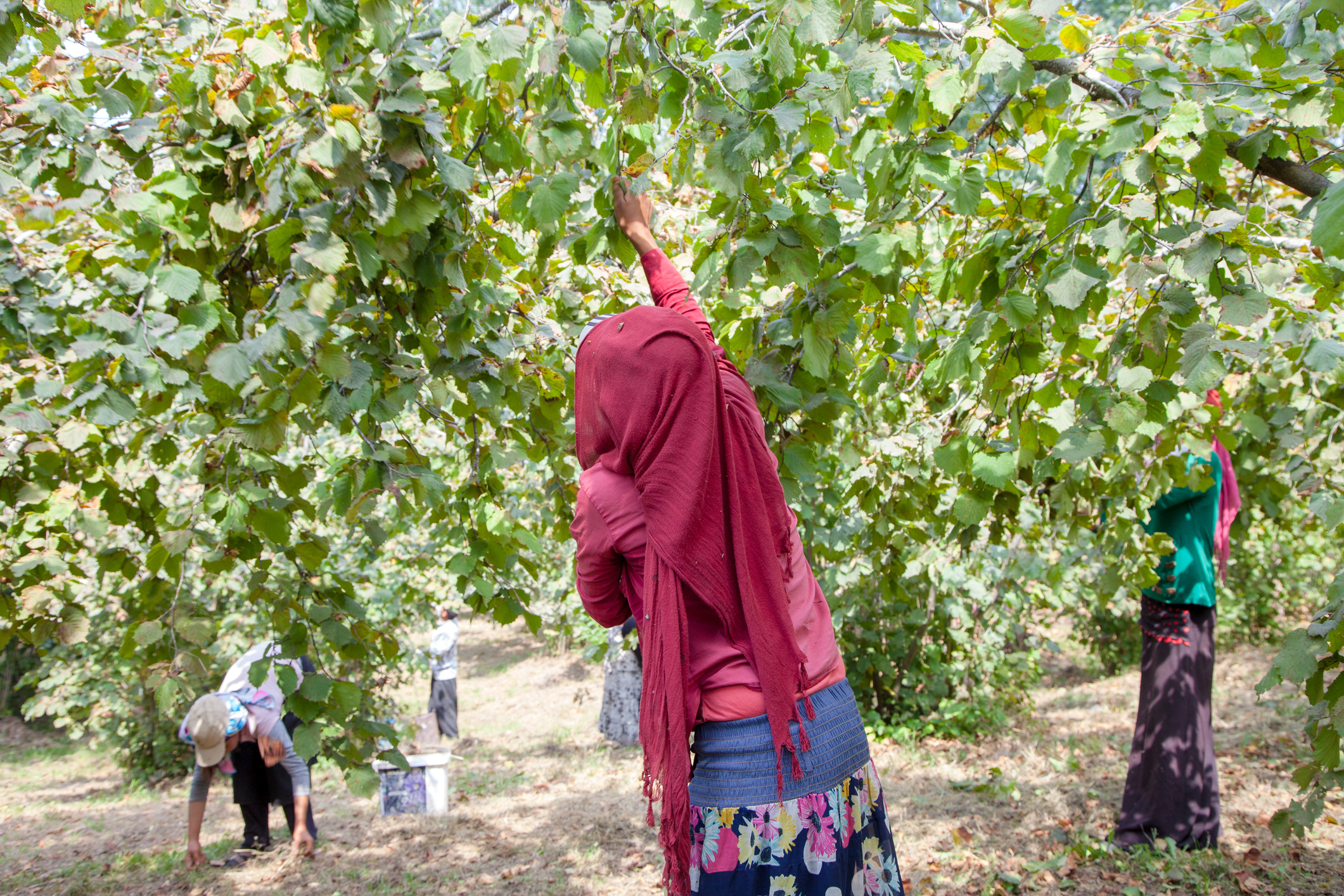Guidance on managing labour risks and opportunities in the platform economy
Technology has had a profound impact on the world of work, generating considerable debate about the labour-related risks and opportunities associated with new developments. Digital labour platforms, which intermediate labour supply and demand, have been at the forefront of this debate in recent years.
Impact focused investors have been attracted to platform investments and they are increasingly common in emerging market investment portfolios. In emerging and developing economies, where many economic activities may be characterised by informality, digital labour platforms have significant potential to spur job creation at scale and for underserved groups, including women and young people. However, these development gains can come with significant risks, including lack of job and income security, uncertain legal status and protections, unsafe work, and a lack of worker voice.
In acknowledgement of these challenges, Ergon has worked with British International Investment (BII) and the Swiss Investment Fund for Emerging Markets (SIFEM) to develop guidance on managing the risks and optimising the opportunities associated with platform work in developing markets. The guidance, which is primarily targeted at investors, can be found here. Macduy Ngo can be contacted in the event of any inquiries.
|

